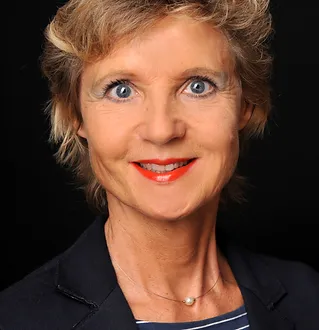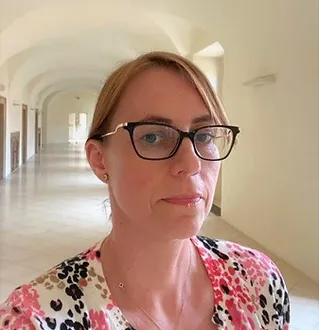
UNA NUOVA NORMALITÀ. IL RINASCIMENTO DELLE BIBLIOTECHE
a cura del Progetto NewComer
Introduce e coordina
ILONA KISH, Project manager “Public libraries 2030”, Bruxelles
Intervengono
ERIK BOEKESTEIJN, Royal Library the Netherland Cubiss
The role of the library in the accelerated digital transformation due to the pandemic and big issues such as democratic processes fake news, climate change etc has put an extra pressure on our work. A more ofbyforall approach and community centered librarianship are key to meet present and future demands. Examples and best practice from the Netherlands and international library field.
HANNELORE VOGT, Cologne City Library
What is a library’s core strength? Only providing information? In the context of digitization, the challenge for libraries lies elsewhere — in making knowledge available! The dissemination of this rapidly growing resource is our way of safeguarding the future. In the face of technological and social upheaval, libraries are places of reorientation and relaxation – so called “Third Places”. The essence is future-oriented service offerings that primarily encourage doing and rely on the active participation of citizens. The facilitator will talk about the innovative experiences in Cologne.
MAJA VUNŠEK, Kranj City Library
The future of society, including public libraries, will be based on relevant information and the ability to perceive the emotional response to content in individuals. New services of the Kranj City Library will undoubtedly relate to a personalized approach to users. In the future, public libraries will address new users in terms of knowledge of their habits, in terms of how they spend their free time and in terms of their economic and social status. They will identify individual user profiles and communicate individualized messages, offering special services, events and other content. The direct approach will build a strong relationship with users in the future. For such an approach, it is not only the content itself that matters, but also how it is presented and where it is implemented. The rapid development of digital technology is leverage for public libraries; they should follow it and use the same communication channels as their potential users. This includes both websites and social media, where public libraries should publish personalized, user-identifiable content based on a clear, consistent message, thus creating a strong, empathetic sense of belonging.
In 2021, we are mainly facing the limitations of the new reality, the epidemic pushing us into contactless services, online events, and Zoom socializing. The library, a place for quality leisure time, lost its true meaning practically overnight. Once visited as a venue, the library is now being limited by the constantly changing regulations and the somewhat vague instructions that the state continuously presents. In the last year in Slovenia, therefore, the number of visits by kindergarten and school children, once a strong user target group, has decreased sharply. Going back there will be a long and strenuous journey, and we must do our very best not to let the memory of libraries fade. Attempting to preserve the memory of the Kranj City Library and its services and to promote an interactive approach, we prepared a 3D interactive, virtual tour around our “House of Views”, where while taking the virtual tour one can join the library, book materials, pay for obligations and, last but not least, order books to be mailed to their home.
VLADANA PILLEROVÁ, National Library Czech Republic
The period before the pandemic can be considered as a period of stability of Czech public libraries. Library budgets were stable, services improved, digitization progressed and the public and media began to pay more attention to libraries. Even during the pandemic and closed services, libraries still had a lot to offer. Libraries have successfully operated in virtual space. Reinforced by this experience, they enter the post-pandemic period. The current Strategy describes libraries as educational and supportive institutions indispensable for lifelong learning connecting various actors in the field of education. A number of successful projects in libraries suggests that this statement might be correct.
KIRSTINE BRUUN, JANNIK MULVAD, Aarhus Libraries DOKK1
GIANNI STEFANINI, CSBNO
DAVID LANKES si collegherà dagli Stati Uniti durante il panel per dialogare con i rappresentanti del Progetto NewComer e con i bibliotecari italiani.


